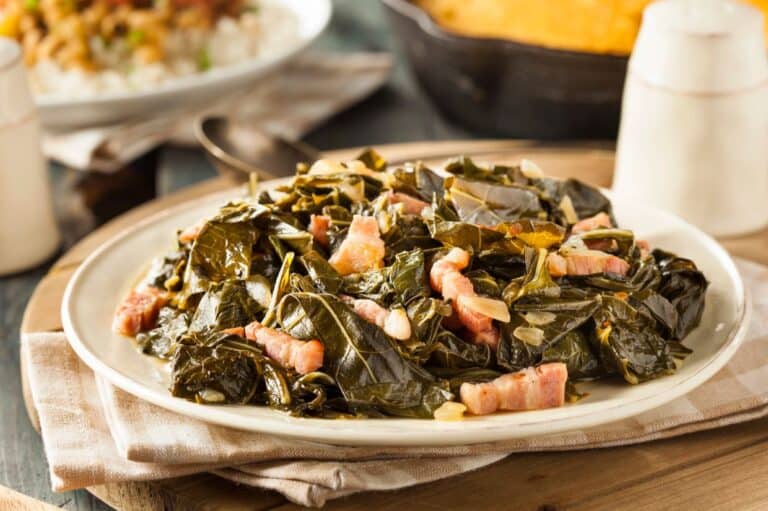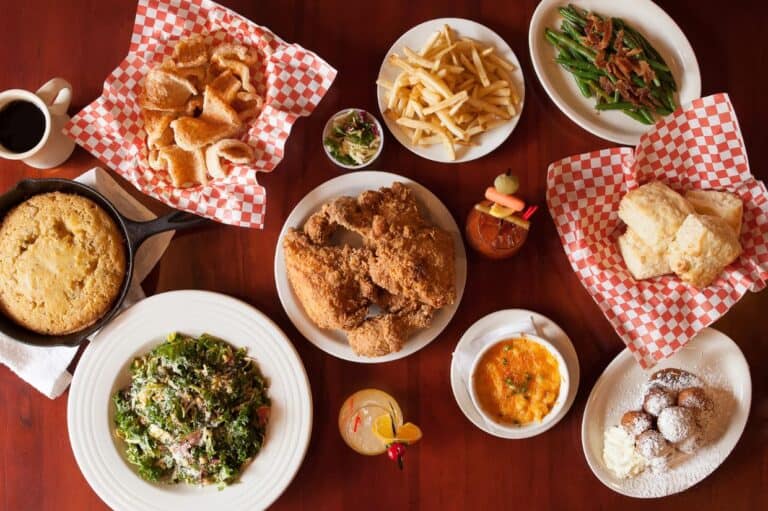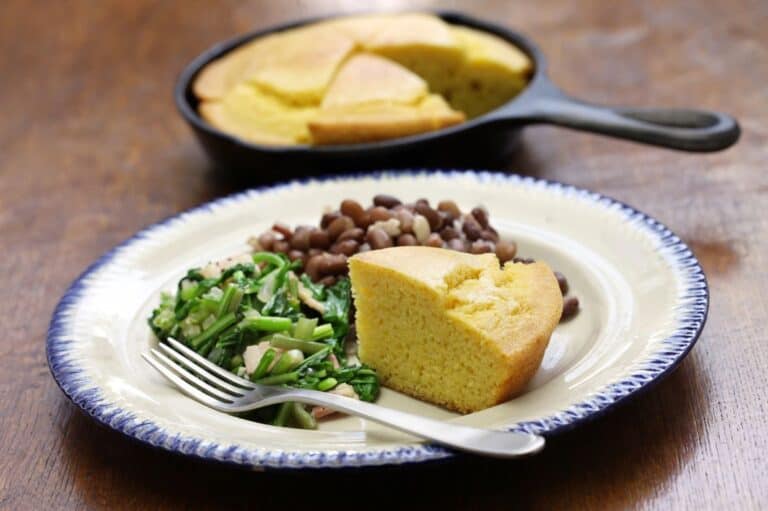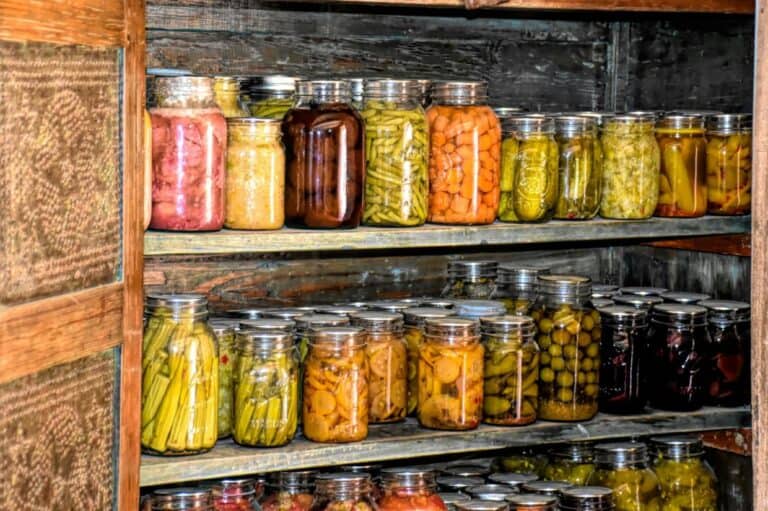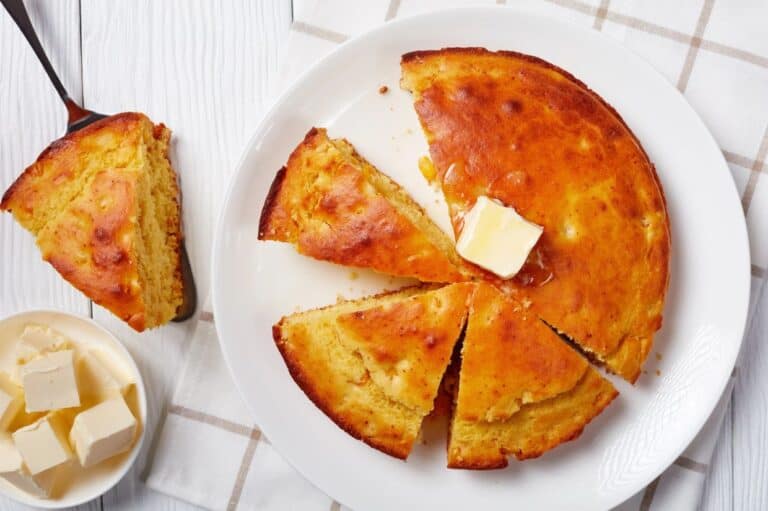Have you ever noticed how food brings people together? It’s almost like second nature in the South. Those family recipes passed down from generation to generation don’t just represent food — they represent history, love and shared moments around the table. It’s the secret ingredient that turns a regular dinner into something special. Here’s why Southern cooking is so important in keeping families connected and how those treasured recipes are like little love letters from the past.
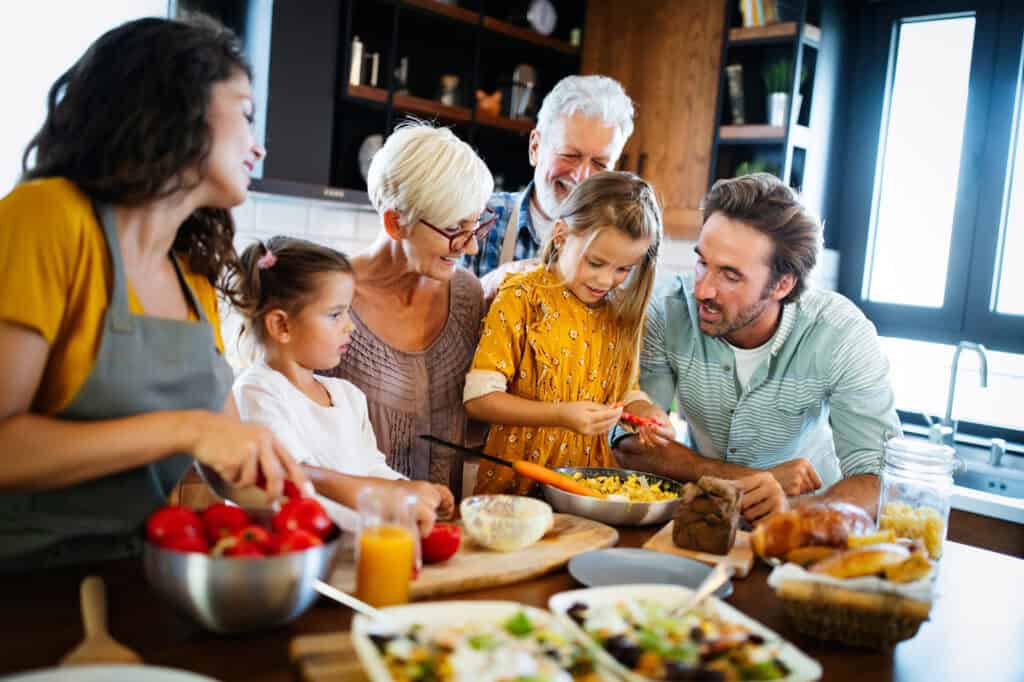
The legacy of family recipes
One of the most beautiful things about Southern cooking is how every family has that dish. You know, the one that gets everyone excited when it makes an appearance at Sunday dinners or during the holidays. For some, it might be Nana’s cornbread dressing, while for others, it’s Aunt Sue’s pecan pie or Uncle Joe’s smoked brisket. Whatever it is, these dishes have a way of sticking around — often for decades, if not centuries.
These family recipes aren’t just guidelines for making food; they’re snapshots of a time and place. Think about it: The flour-stained index cards or handwritten recipes in notebooks passed down are like a time capsule. When you make your great-grandmother’s sweet potato pie, you’re following the exact steps she took, maybe even in the same kitchen she stood in years ago. The idea that you’re cooking and eating the same thing your ancestors did is powerful.
Gathering around the table
In Southern culture, the dinner table is where the magic happens. It’s where stories get told, advice is shared and, sometimes, a little good-natured family debate goes down. The food is the centerpiece, providing the backdrop for creating lasting memories. Holidays like Thanksgiving and Christmas are prime time for this. You can always count on the classics showing up — turkey with gravy, mashed potatoes, casseroles galore — but there’s usually a signature family dish that everyone looks forward to most. And, no matter how full everyone claims to be, there’s always room for a slice of pie, right?
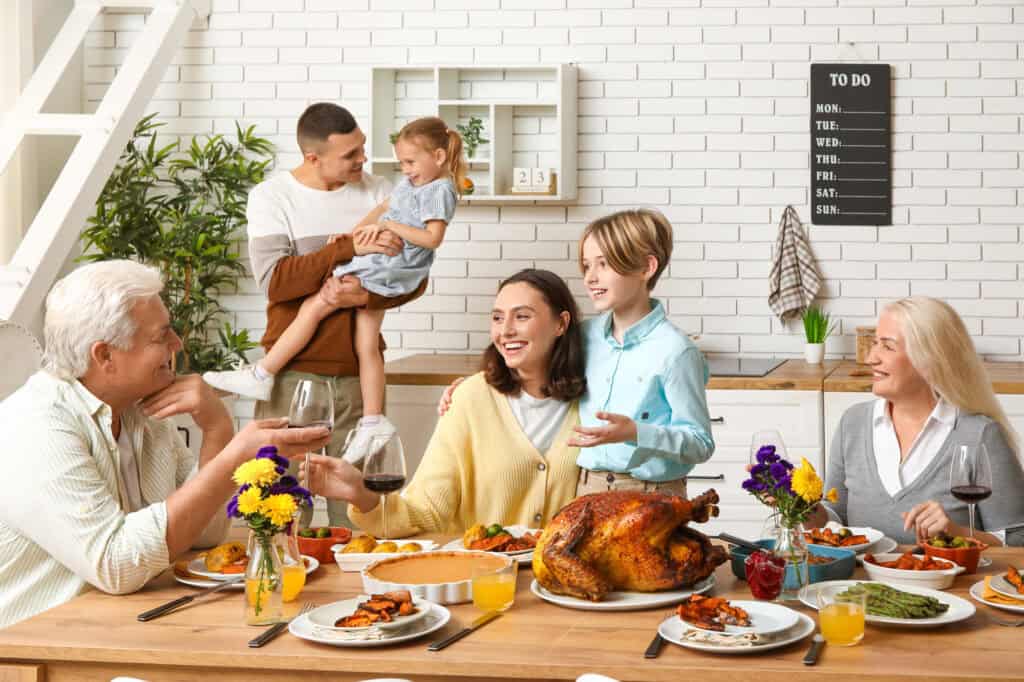
This tradition of gathering around the table isn’t just about eating. It’s about catching up, reminiscing and even making new memories. It’s where you hear stories about how your grandparents met, your dad’s childhood antics or maybe even when your mom accidentally put sugar instead of salt in the biscuits. These shared meals become a rhythm in the life of a family, creating a sense of belonging and continuity.
The role of “cooking lessons”
I bet for a lot of people, learning to cook starts in their family kitchen. For many Southerners, cooking is taught early on — not through formal lessons but through watching and participating. You might remember standing on a stool beside your grandmother as she patiently showed you how to roll out biscuit dough or fry chicken. These moments were more than just cooking tutorials; they were lessons in patience, love and care.
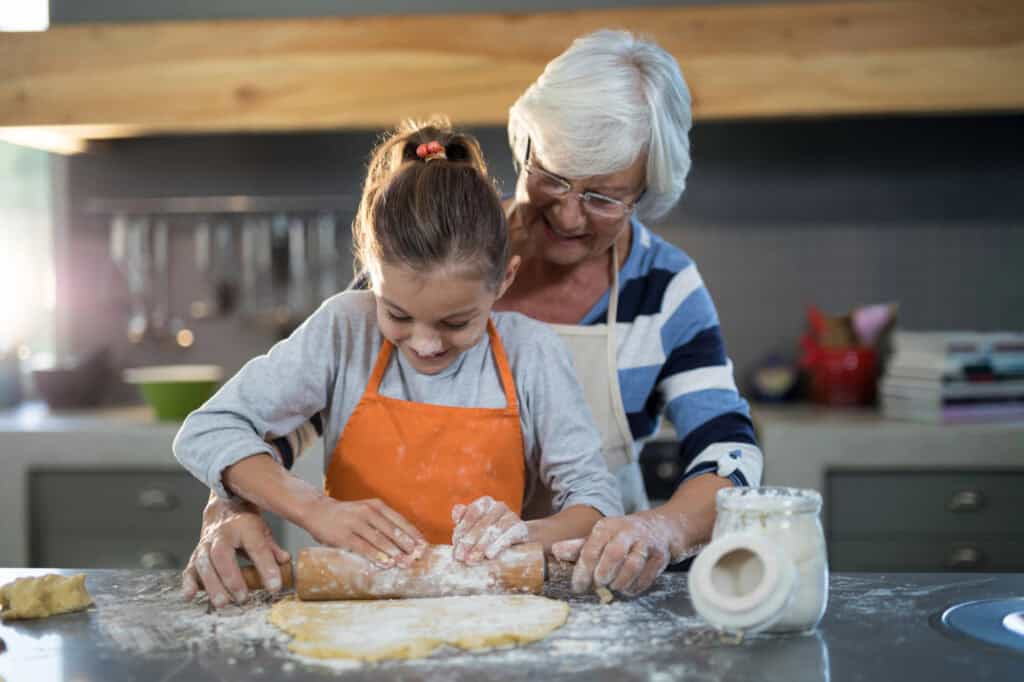
Recipes are passed down, yes, but so are the techniques. Maybe your family has a particular way of making gumbo that’s not written down anywhere but is understood through practice and repetition. There’s no official recipe card for adding the right amount of seasoning, but somehow, you always know when it’s just enough.
These lessons are a way of passing down more than food. They’re a way of passing down pride in one’s heritage and a deep connection to where you came from. It’s an experience that goes beyond the kitchen — it’s about understanding that you’re part of something bigger than yourself.
The secret ingredients: Love and history
Ever notice how the best food is made with a little extra love? Southern cooking is a prime example of that. Sure, it’s all about the ingredients and technique, but what makes it special is the heart behind it. You can taste the history in each bite. You know this dish has been perfected over generations, tweaked slightly by each cook, but always rooted in love.
Some families have secret ingredients that make their version of a dish stand out. Maybe it’s a touch of cinnamon in the peach cobbler or a splash of bourbon in the barbecue sauce. Whatever it is, it’s often something unique to the family, and sharing that secret feels like an honor. It’s like being part of an exclusive club, and when you pass that recipe down, you’re giving someone a key to unlock that history.
Preserving traditions in a changing world
In today’s fast-paced, tech-driven world, it can be easy to lose sight of these traditions. Busy schedules and convenience often mean that families don’t sit down for meals as often as they used to. But Southern families take pride in keeping those traditions alive, even if it’s only during special occasions.
Family reunions, holidays and even Sunday dinners are moments when these traditions shine the brightest. For many, it’s a chance to slow down, reconnect and enjoy the comfort of familiar food. And while recipes may evolve — maybe you swap out lard for olive oil or use an air fryer instead of deep-frying — the heart of the dish stays the same.
A recipe for togetherness
Southern cooking is more than just food — it’s about togetherness. It’s the joy of sharing something that’s been passed down for generations, knowing that the same meal your great-grandparents enjoyed is still bringing your family together today. Those old recipes are like a thread weaving through the fabric of your family’s story, tying the past to the present and beyond.
So the next time you sit down with a plate of your family’s famous fried chicken or dig into a slice of homemade pecan pie, remember that you’re doing more than just eating — you’re participating in a tradition that has stood the test of time. And that’s the real beauty of Southern cooking: It feeds the body, but more importantly, it nourishes the soul.
